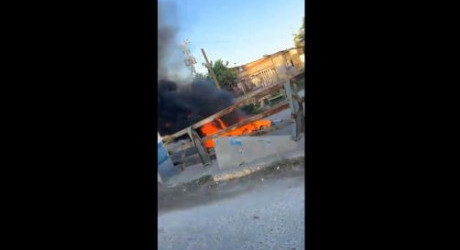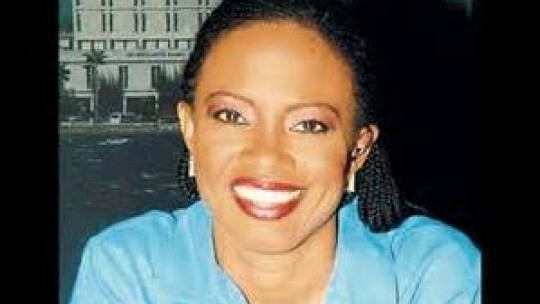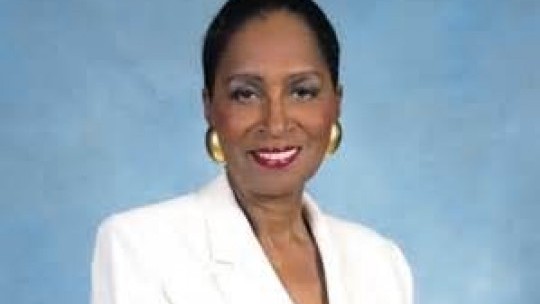Jamaicans for Justice at 15 – a turbulent adolescence?
9:24 am, Wed June 11, 2014
By Dionne Jackson Miller
The first 15 years of existence of Jamaicans for Justice have been marked by some very real successes in the area of advocacy and human rights protection. The 1999 beating to death of a mentally ill man, Michael Gayle, by security forces catapulted the then brand-new organisation into the national spotlight, and exposed the horror of state brutality.
Fifteen years on, it is easy to forget the sufferings of Michael Gayle, the vicious beating he endured, the gun butting and kicking with military boots that ruptured his stomach. The Inter American Commission on Human Rights concluded that “the beating of Michael Gayle by security force members was intentional, …excessive, and caused severe physical and mental pain and suffering. These factors, together with the nature and intensity of the treatment inflicted upon Mr. Gayle, including the failure to provide him with prompt medical attention and the protracted suffering caused to Mr. Gayle as a result, led the Commission to conclude that Mr. Gayle was the victim of torture within the meaning of Article 5(2) of the (Inter American Convention on Human Rights).”
Another high profile case associated with the organisation was that of 13-year-old Janice Allen, killed by a policeman’s bullet in 2000. JFJ championed the cause of Janice Allen and her mother, Millicent Forbes, through the local courts all the way to the Judicial Committee of the Privy Council, Jamaica’s highest court. There were no convictions in the case, but JFJ and Millicent Forbes succeeded in keeping the case, and associated issues, on the national agenda for years.
The group also has a track record in the area of children’s rights and has cast an unflattering spotlight on the quality of care given to children in the care of the Jamaican government.
Negative view
Despite cases like these, the image of Jamaicans for Justice at 15 is arguably more negative than positive, and it is often depicted as an organisation more interested in the rights of criminals than those of the ordinary Jamaican.
New Executive Director of JFJ Kay Osbourne says the organization is going through a strategic review and plans to broaden its focus. Osbourne, a former General Manager of TVJ, a member of the RJR Communications Group, appeared recently on TVJ’s current affairs programme, All Angles. She acknowledged that there is a view that JFJ is “anti-police, and made up of brown and white people who are trying to impose their values on the rest of society.”
While denying both claims, she noted that responding to complaints about human rights abuses by state agents is a core aspect of the organisation’s mandate and that JFJ currently has over 100 cases before the court dealing with police killings and other excesses.
“Police killing is a fact, a reality especially for poor inner city young men,” Osbourne maintains, but added that the organization is planning to broaden its mandate to focus “more directly on issues of violence and killings of our children.”
“The state, to a great extent, is complicit in creating an environment that allows and causes a lot of the violence that has become endemic, and that also allows police to act with impunity. It’s all connected, so going forward we will be looking at police killings in the context of citizens’ security,” she said.
It’s a path that many Jamaicans have been calling for the organisation to pursue for years.
Serious implications
It is undoubtedly the right of any advocacy group to concentrate on whichever issues it deems most important and urgent, a position I have consistently maintained. However, it is also undeniable that despite the real accomplishments of JFJ over the past 15 years, there is now a strong negative public perception of human rights protection. This has implications, not just for JFJ, but for the several other human rights groups and campaigners working in Jamaica.
The protection of constitutionally guaranteed human rights is a measure of a civilized society. Guarding citizens, especially the most vulnerable members of society, against state excesses is crucial. To the extent that JFJ is one of the primary organisations engaged in this kind of vocal advocacy, the organization makes an important contribution to democratic governance in Jamaica. The challenge facing the organization at 15, is to persuade ordinary Jamaicans that this is so.
NOTE: See Kay Osbourne's comments on All Angles here - http://www.televisionjamaica.com/Programmes/AllAngles.aspx/Videos/35418

9:32 am, Sat April 20, 2024

8:34 pm, Sat April 20, 2024
.jpg)
11:29 am, Fri April 19, 2024









 All feeds
All feeds







